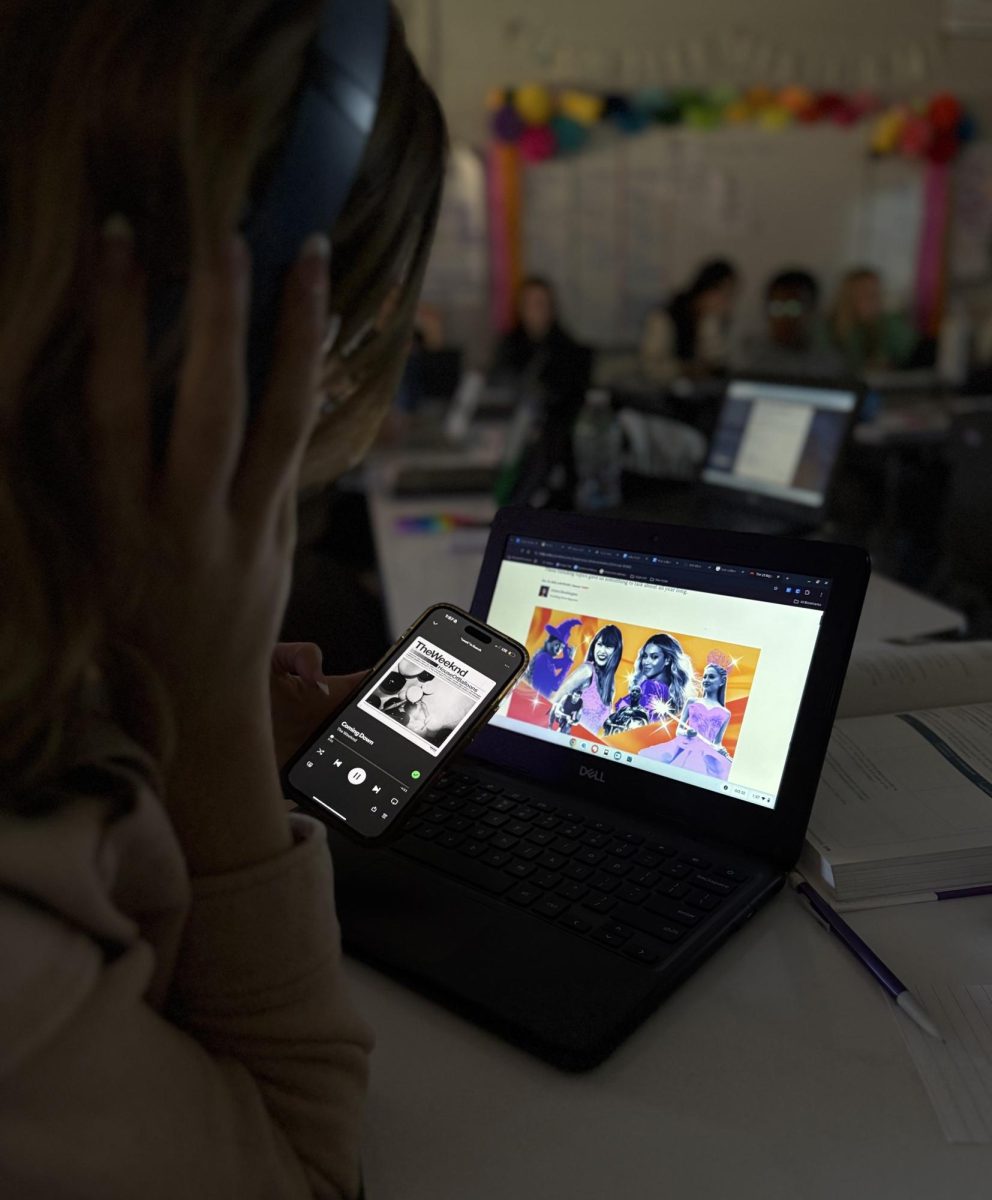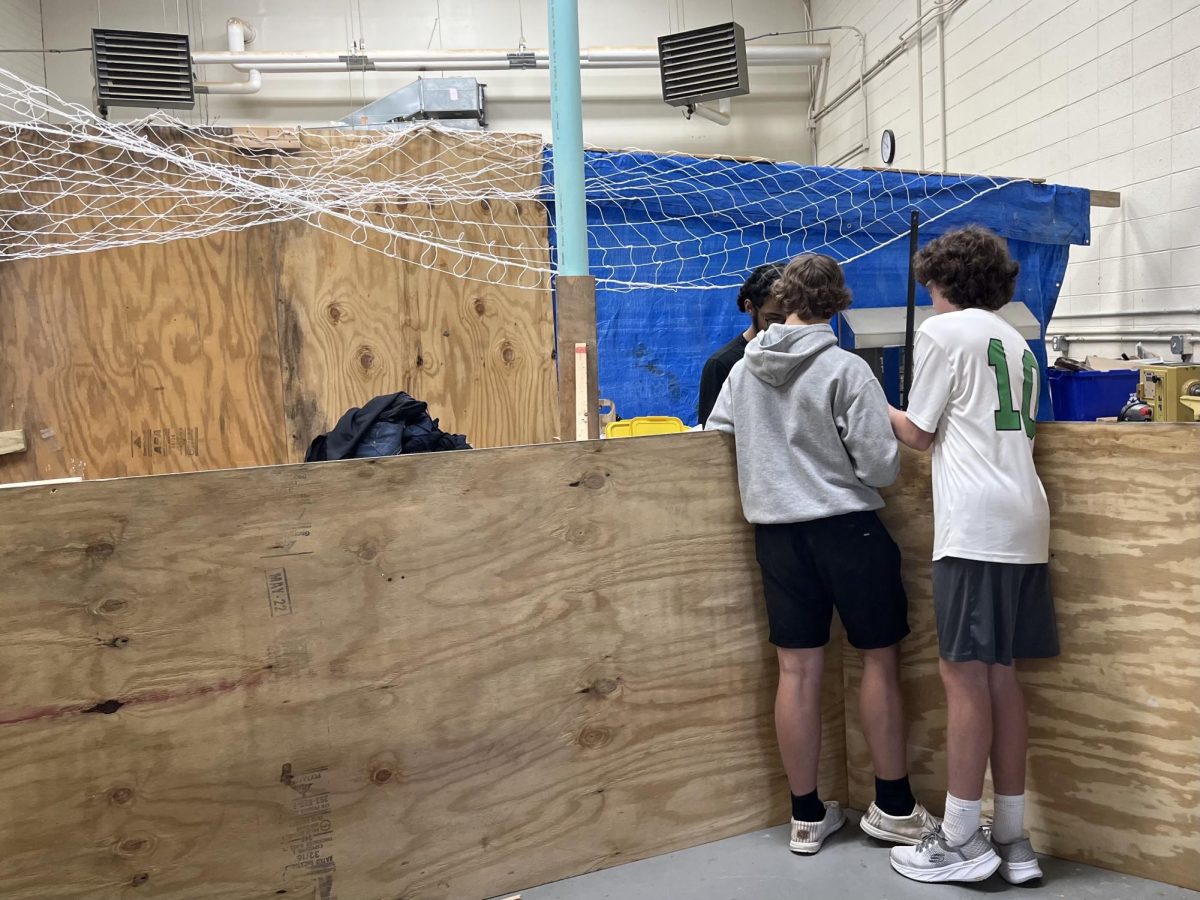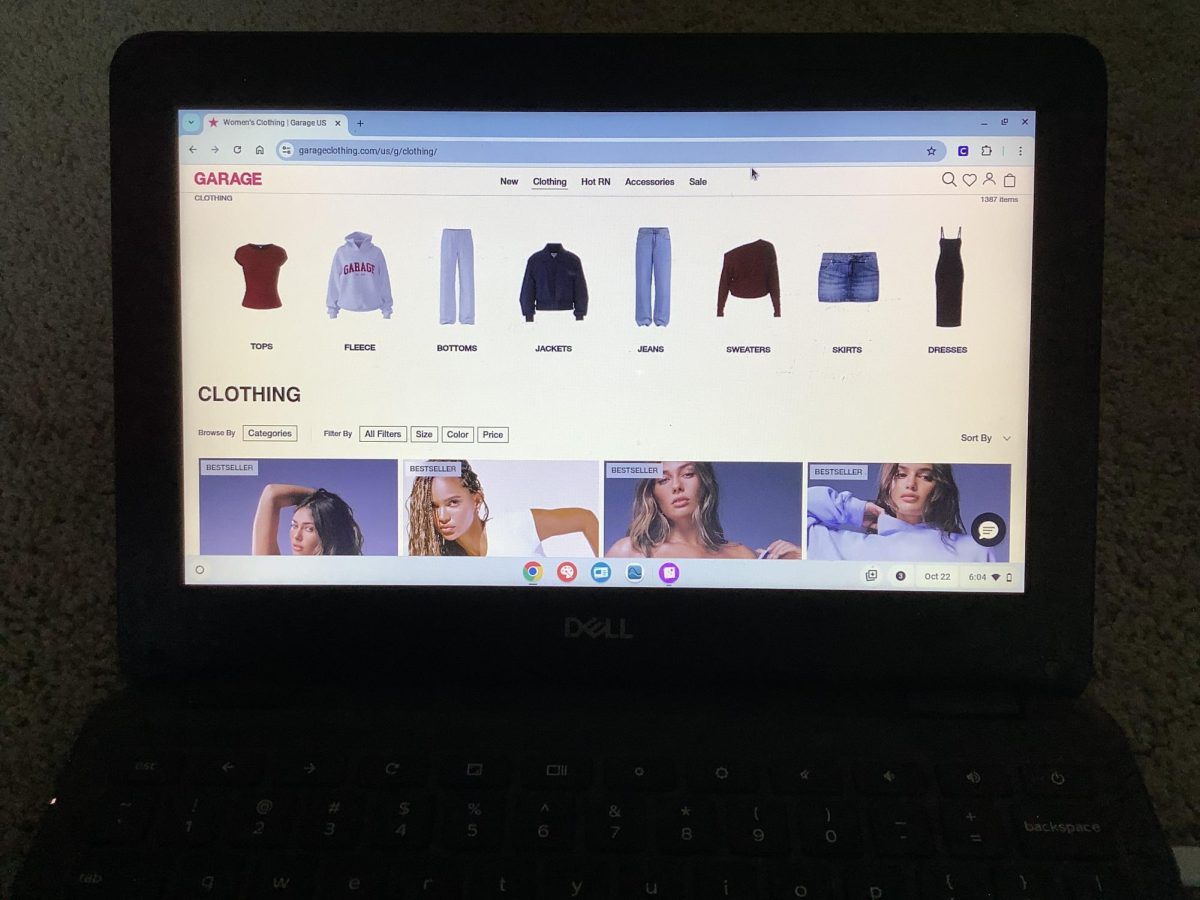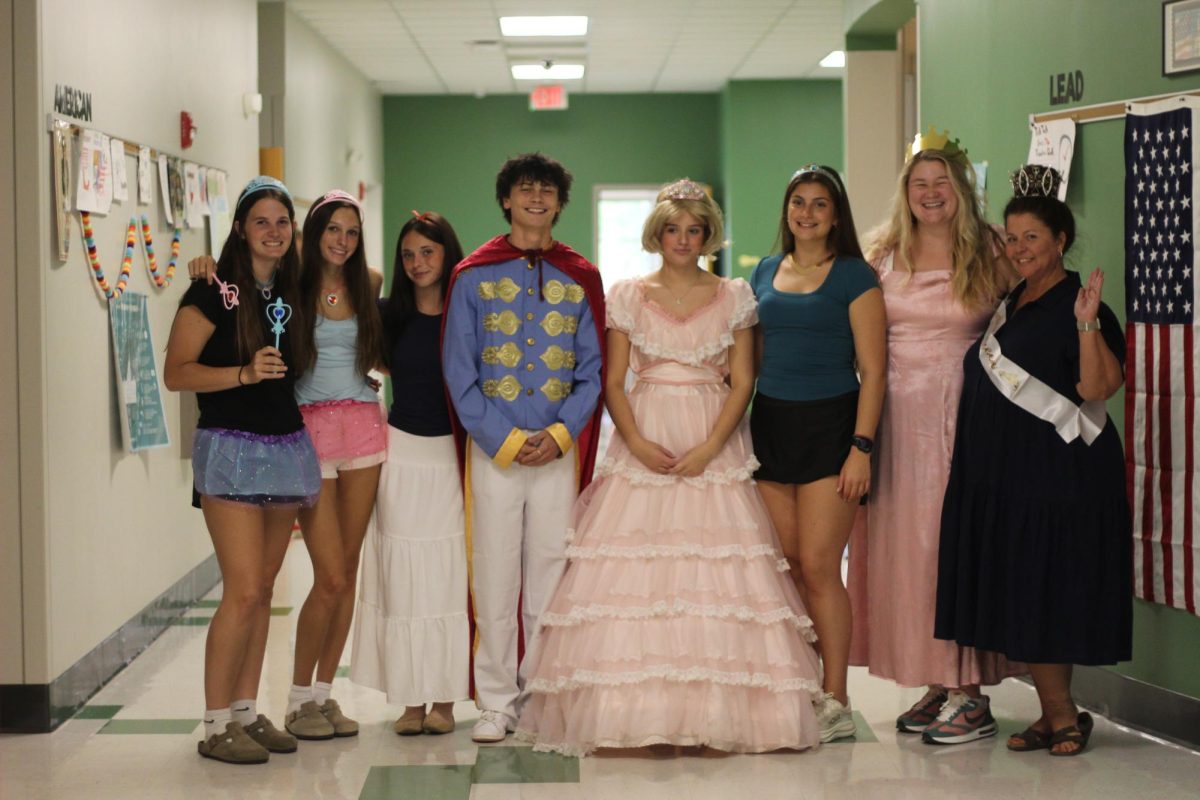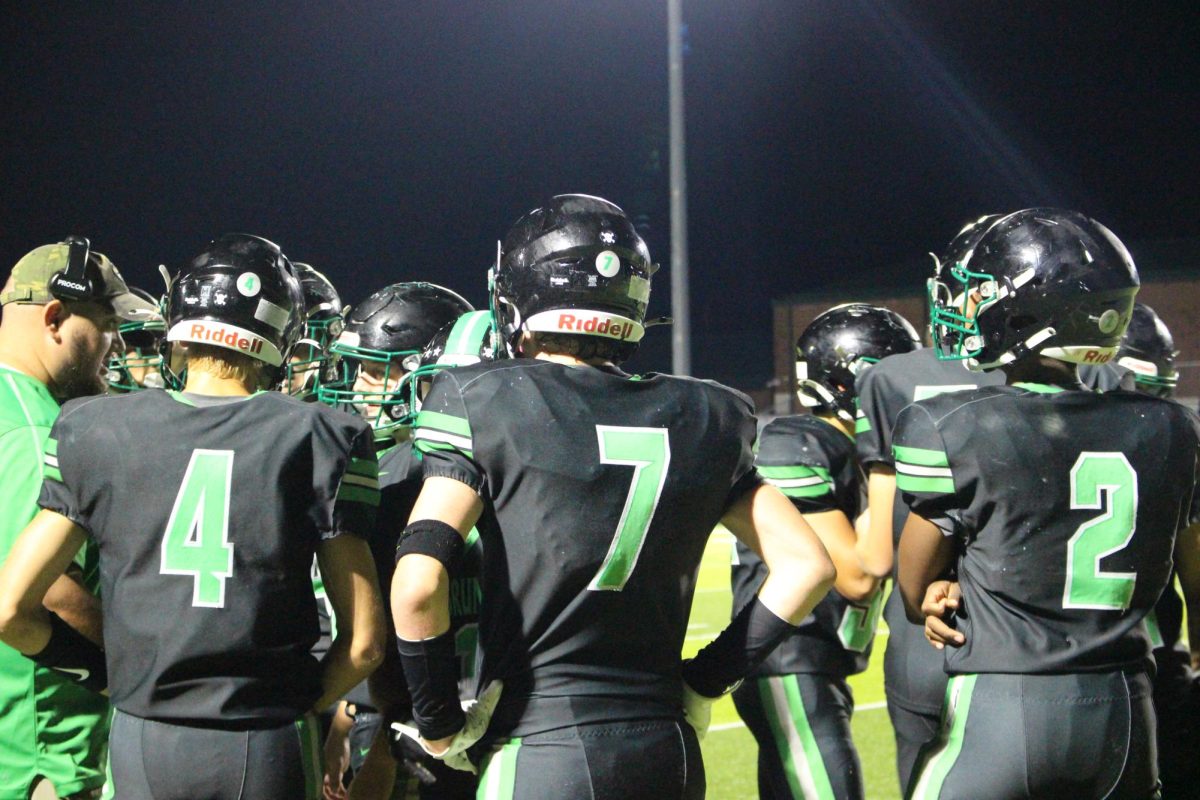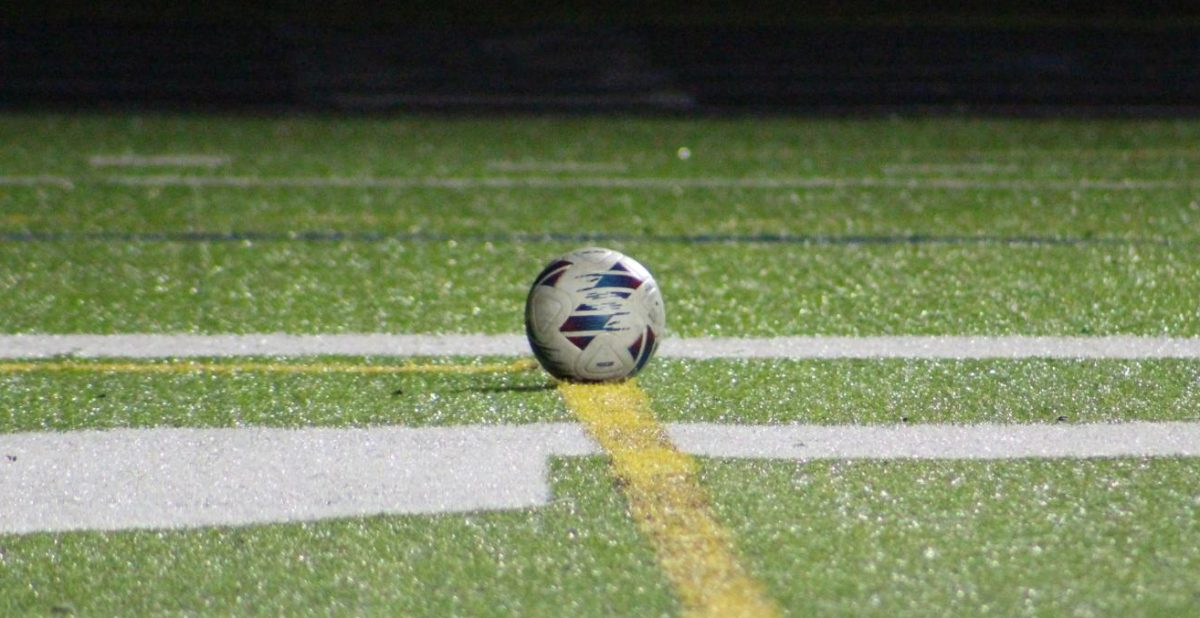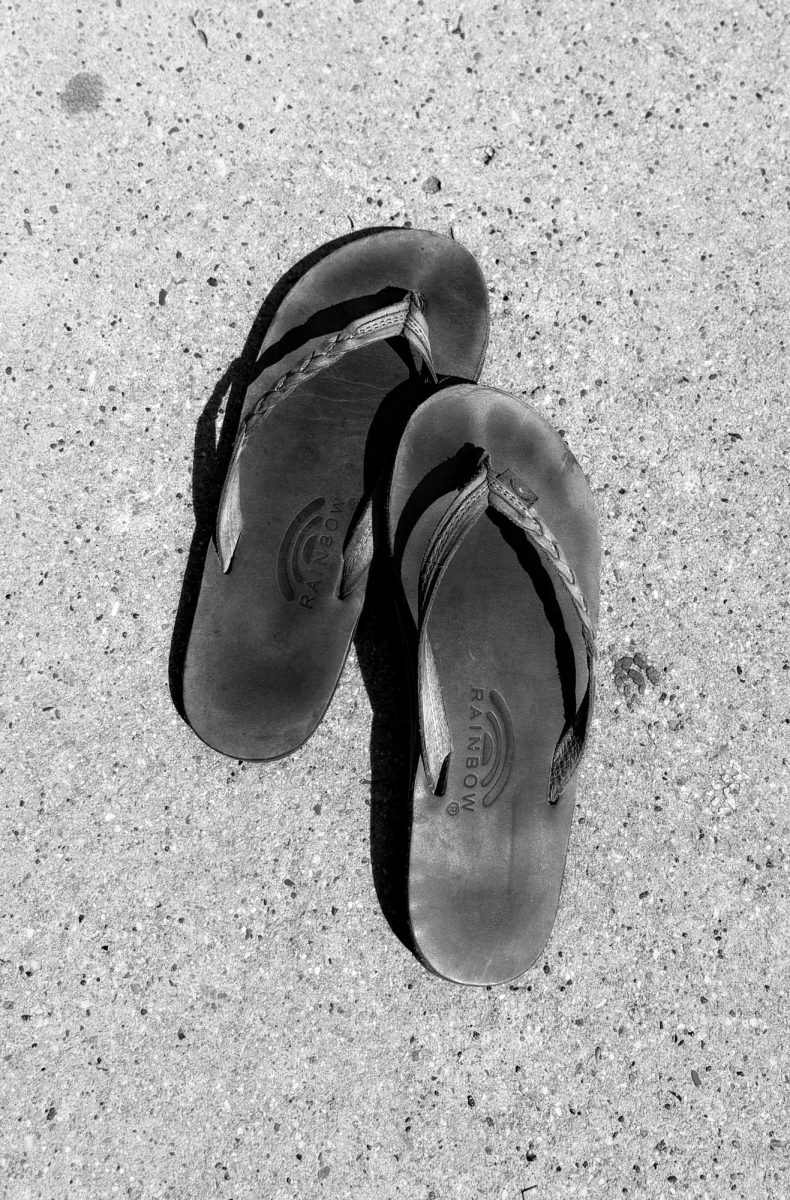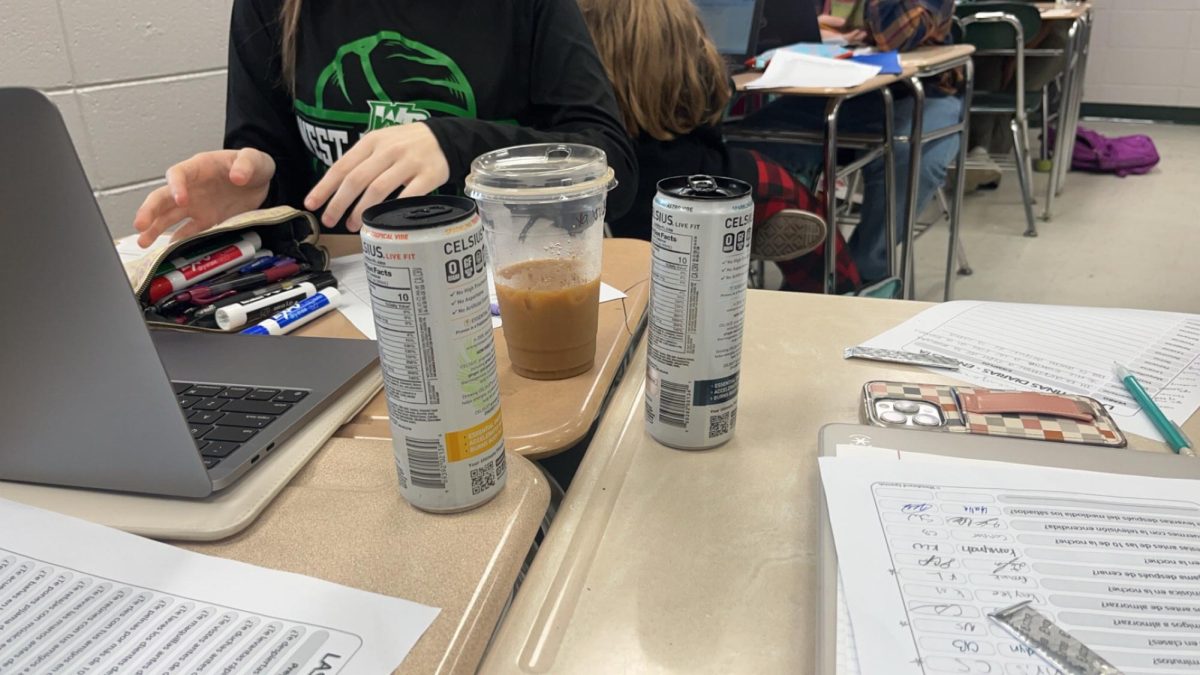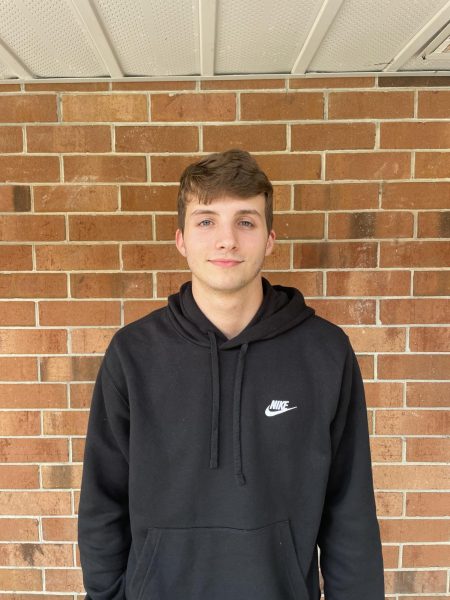As someone with a busy schedule that often leads to missing out on some sleep, caffeine has become part of my everyday life. Most days I wake up, and before even brushing my teeth, I grab a cup of coffee. It helps shake off the drowsiness as well as gets me focused and ready for the rest of my morning routine.
Some days, large amounts of caffeine are required to make it through the day–not only for myself, but for many of my peers as well. In the halls and in classrooms, students carry around Starbucks, Celsius or various other coffees and energy drinks. That led me to wonder, are teens becoming increasingly dependent on caffeine?
“I drink 300 milligrams a day,” said junior Emma Yando. “That’s like an energy drink and a half.”
“I used to have two Red Bulls and a coffee a day,” said senior Kearstin Hearing. “Now I usually just have two coffees a day.”
“Two energy drinks a day,” said senior Alex Dominguez. “Sometimes I’ll have a coffee too.”
“On the weekends I splurge a bit,” said junior Garrett Granade. “I drink around 300-400 milligrams.”
Caffeine is a stimulant found in drinks like coffee, tea, soda, energy drinks and more. It can be natural or manmade. Some sources are exponentially better for your body than others: teas and coffees are much less harmful than beverages like soda and energy drinks.
According to verywellhealth, excessive energy drink intake can lead to increased resting blood pressure, increased heart rate, reduced blood supply to the brain and an increased chance for cardiovascular events such as chest pain, stroke or heart attack. There is no need to explain just how bad excessive amounts of soda intake can be for your health. JAMANetwork explains that school-going youth that consume one or more soft drinks a day have a much higher chance of being overweight or obese than those who do not.
With this in mind, as long as teens stick to just coffee or tea then there is no problem, right?
Wrong. It is very easy to overdo it with caffeine consumption, in 2011 over 20,000 people went to the hospital due to caffeine related drinks according to the substance abuse and mental health services administration.. With coffee drinks having triple or even quadruple shots of espresso, it becomes easier and easier to pass the recommended 400 mg limit.
There are dozens of other side effects that are involved with caffeine use, but the main reason for the dependency comes from the positive effects: increased focus, energy, motivation, awareness and reaction time. These benefits are so very important for teens in high school or college.
The problem comes with all of the “good” that comes from use. It is very easy to get addicted and getting rid of said addiction can be hard. Withdrawal symptoms can vary from something small like a headache to larger issues like severe sleep loss, irritability, depression and anxiety.
I find that the positive effects are worth some of the risk as long as my consumption is not excessive. Stay under the limit, avoid energy drinks, limit usage to the mornings and only use when necessary. Caffeine can be a valuable tool in the lives of students as long as it is not abused.
For any help with caffeine or other substance abuse visit SAMHSA.org.




